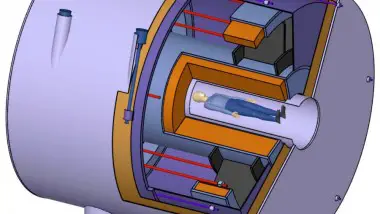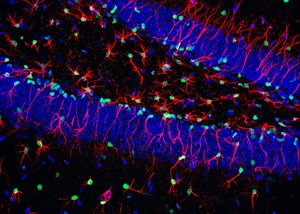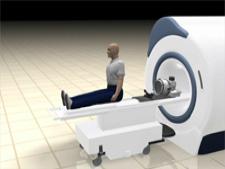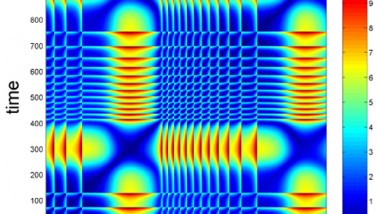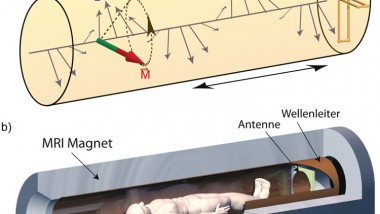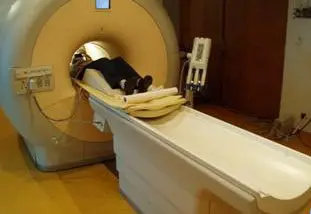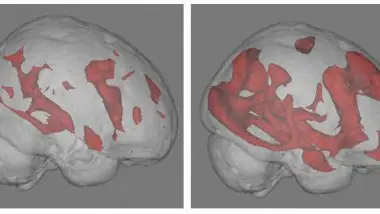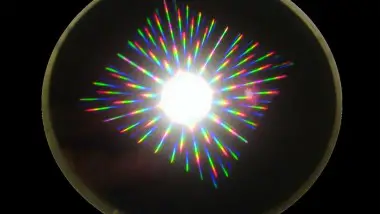INUMAC illustration Since 2006, German and French researchers have been working on developing the next generation Magnetic Resonance Imaging (MRI) technology which is now getting closer to reality. This technology will dramatically improve our ability to detect early signs of ...
Brain Rewards Good Deeds
Researchers at Stanford University in Palo Alto, California and Trinity College in Dublin, Ireland showed that the brain reacts differently to events when it perceives them as good deeds even if those good deeds are aimed at others. The scientists ...
Brain Surgery With Sound Waves
Researchers from University Hospital Zurich and the Israeli company Insightec Ltd. have developed a new type of brain surgery using high intensity ultrasound beams to precisely heat and destroy damaged brain tissue. Their procedure eliminates the need to cut through ...
3D X-Ray Images Get Closer to Reality
Researchers at the University of Nebraska-Lincoln (UNL) and several Russian colleagues have made significant strides toward coherent, three-dimensional x-rays that could lead to real-time three dimensional medical imaging. The scientists focus an optical laser into concentrations of gas, causing them ...
The Singing Brain
Scientists from Cardiff University, UK, have discovered that studying the unique way a person’s brain “sings” may provide insight into complex conditions such as schizophrenia and epilepsy. With better understanding it will be possible to develop better treatments and save ...
A New Angle on MRI Scans
A group of engineers from the University of Zurich, Switzerland, has found a new way of producing higher quality MRI images. Their technique, they say, will increase the doctors’ ability to diagnose disease, thus making treatment more effective. It may ...
New Contrast Agent to Help Fight Cancer
Researcher Kristina Djanashvili, from Delft University of Technology in the Netherlands, has developed a new contrast agent which can be used in MRI scans in order to better identify tumors. Her discovery should lead to earlier and more precise cancer ...
Optical Textiles Monitor MRI Patients
Researchers at the OFSETH project have developed optical textiles to monitor MRI patients, especially those under anesthesia, during their scans. These wearable systems permit health professionals to watch patient heart rate, respiration, and other potential signs of patient distress. MRI ...
Surfing the Web is Good for Your Brain
Scientists at the University of California Los Angeles (UCLA) have revealed that older adults are able to increase the efficiency of their brain by performing searches on the Internet. The survey performed shows that computer-savvy middle-aged and older adults were ...
Microtags Make MRI ’See’ in Color
Scientists from the National Institute of Standards and Technology (NIST) and the National Institutes of Health (NIH) have developed customized microscopic magnets called microtags that might one day be injected into the body and make magnetic resonance imaging (MRI) colorful. ...

